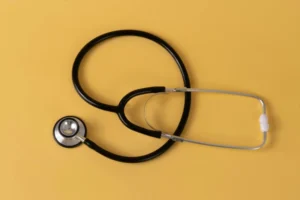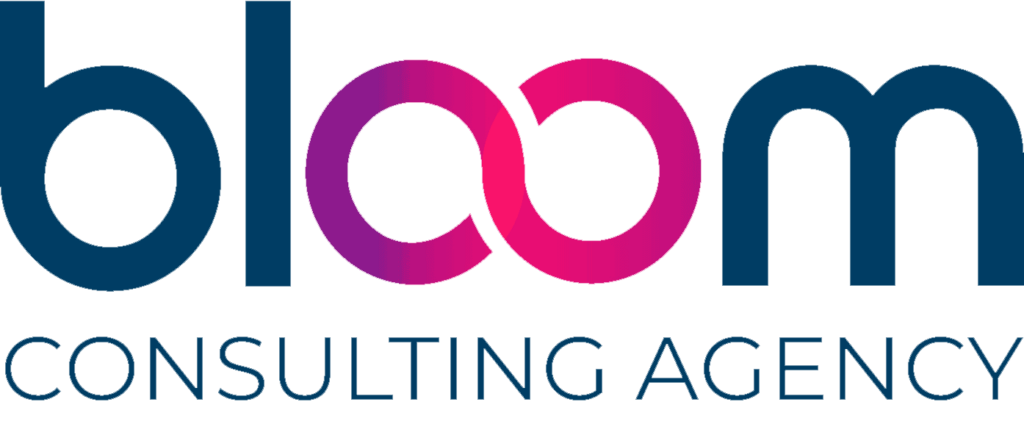Electronic health records (EHR) emerged in the healthcare industry around 2009. EHR can replace paper charts, improve accuracy, and increase the protection of patient information. Saving time, energy, and space, physicians took to their newly designed electronic health records through laptops, iPads, and other devices. Entering pertinent information directly into the electronic records, EHR emerged as invaluable for hospitals, doctors’ offices, and labs. Therefore, providers are interested in how EHR can reduce medical malpractice claims and increase the accuracy of documentation.
What is EHR?
EHR or electronic health records became the most useful tool modern technology has afforded the healthcare industry. Leaving behind the cumbersome paper charts that relied upon handwritten notations, copies of paper test results and letters, authorization or referral documentation and forms, EHR emerged containing all records at your fingertips. Thus, physicians observing the capabilities of how EHR can reduce medical malpractice claims by allowing a plethora of information from other sources to be reviewed immediately are pleased with the results.
Charting allowed for precise time frames to be recorded, test results recorded, medications listed for review as well as pictures of x-rays to be compared for the most precise determinations. Upgrades are included on a quarterly basis with some systems to keep up with the changes in healthcare. Perhaps the most important contribution this technology has afforded healthcare is how EHR can reduce malpractice claims with increased accuracy of information.
How can EHR Reduce Medical Malpractice Claims?
Electronic health records save on every front within the healthcare industry. For instance, billing departments can be more efficient and increase the flow of revenue through data entry into the system. Checks and balances for specific specialties and facilities to ensure cleaner claims. Doctors and nurses can also view information immediately upon opening the patient’s chart to aid in determining a diagnosis. Excellent care through EHR can reduce medical malpractice claims by providing a clear and concise timeline of a patient’s treatment.
Reduces Errors
Charting tools provide the physician the ability to indicate specific treatment issues while keeping data concise and clear. In addition, options can be pre-set for coding, special notations, and diagnosis choices. With charting notes a click away, billers can be sure they are entering charges accurately. Reducing errors with EHR can reduce medical malpractice claims.
Documentation Accuracy
Documentation timelines allow for the precise recall of the physician’s treatment of the patient, compliance with treatment, and test results to verify medical information. Patient compliance through reports showing no-show appointments, lack of engagement with treatment, and proof of the physician’s attempts to treat is another factor in how EHR can reduce medical malpractice claims.
Ease in Sharing Records
With ease in sharing records, EHR can reduce medical malpractice claims with a full picture of the patient’s condition. With access to test results from other physicians’ consultations, the patient benefits from a complete treatment plan for all problems. Being able to study all possibilities is an added protection for both patient and physician.
The Importance of Meaningful Use
Electronic health records spurred new possibilities for Medicare to gain valuable information. New incentive programs reimburse physicians for sharing medical information with their EHR systems to help make determinations on public health. Using incentive coding, physicians can share information without disclosing patient identities. Working in harmony with medical research, finding community health issues, and monitoring chronic diseases is how EHR can reduce medical malpractice claims as a result. Merit-Based Incentive Payment System (MIPS) encourages meaningful use of information through Medicare’s EHR.
MIPS now utilizes Advancing Care Information Measures to coincide with meaningful use while maintaining important outcomes by implementing coordinated care systems, and engaging patients and families to comply with treatment plans with supporting documentation. EHR allows for sharing of pertinent health information that is a benefit for all. With the advancements in technology, EHR reduces malpractice claims, encourages additional incentives for providers, and offers the community beneficial information for their demographics.
Find Help in Installing and Improving Your EHR Capacities
Finding help in installing and improving your EHR capacities generally comes from the supplier of the EHR systems. Healthcare consultants can audit the practice or facility to find what needs to address in the decision. Knowing that EHR reduces medical malpractice claims and will benefit the practice in many other factors of the business, the decision is not difficult to make.
Once you make a decision on your system, that vendor will help you through the steps to install, review, and make changes before setting everything in motion. Support staff, physicians, and billing departments can all learn how to use the EHR. Information and hands-on training for every level are available. In addition, you can make adjustments as you find issues. Before you realize it, confidence in the chosen EHR can reduce medical malpractice claims by allowing the providers to keep their documentation up to the highest standard.
EHR Can Reduce Medical Malpractice Claims in South Florida
If your practice or facility in South Florida is interested in maximizing the capabilities of your current EHR system to reduce errors, enhance documenting of records and improve patient care, contact Bloom Consulting Agency. We have professional healthcare consultants to review your needs and determine how EHR can reduce medical malpractice claims. EHR systems are all different and we are familiar with how different systems can complement specialties and certain facilities. We are open to answering your questions and speaking as to our experience with EHR to aid in your decisions. Contact us today.









